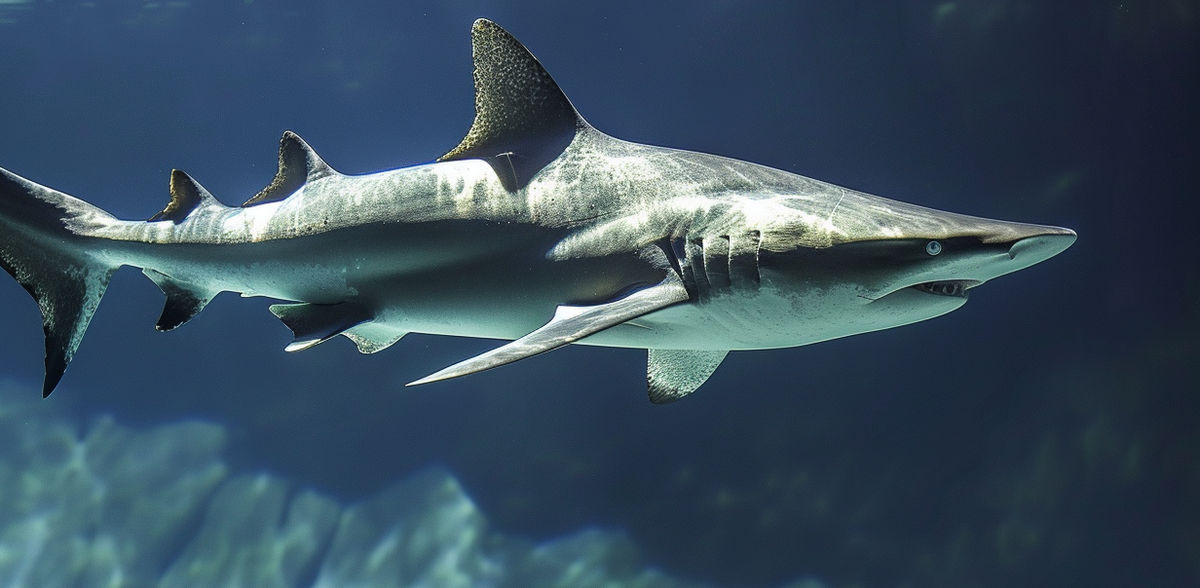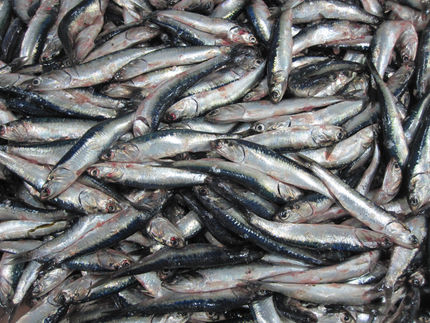Mislabelled shark meat rampant in Australian markets, study finds
Shark meat sold in Australian fish markets and takeaway shops is frequently mislabelled and includes meat from threatened species
Researchers at Macquarie University have found a significant portion of shark meat sold in Australian fish markets and takeaway shops is mislabelled, including several samples from threatened species.
The findings, published in the journal Marine and Freshwater Research this month, highlight the ineffectiveness of seafood labelling and the grave implications for both consumer choice and shark conservation.
Researchers collected 91 samples of shark meat from 28 retailers across six Australian states and territories and used DNA barcoding to identify the species of each sample and compared it to the label applied by the retailer.
They found 70 per cent of the samples were mislabelled, either because the species did not match the label or the label did not comply with the Australian Fish Names Standard (AFNS).
Mislabelling was particularly high for samples labelled as 'flake', which the AFNS restricts to fish from just two sustainably caught shark species: the gummy shark and New Zealand rig shark.
They found 88 percent of samples labelled 'flake’ were not from either of these species and nine samples sold as ‘flake’ came from species listed as threatened in Australia.
Mislabelling was markedly higher in takeaway shops compared to fish markets and wholesalers.
With many shark populations facing unprecedented declines worldwide, the research underscores the urgent need for improved labelling standards and enforcement, says co-author and research supervisor Ms Armansin.
“Ambiguous trade labels like ‘flake’ are a real hindrance to sustainable consumption,” says Ms Armansin.
Professor Stow heads the conservation genetics laboratory at Macquarie University, and says rapid DNA testing to determine what species have been caught or traded could enable large-scale monitoring of seafood supply chains.
Ms Parker Kielniacz says the study shows the importance of giving consumers access to accurate information to build a more ethical and sustainable shark meat industry.
Most read news
Topics
Organizations
Other news from the department science

Get the food & beverage industry in your inbox
By submitting this form you agree that LUMITOS AG will send you the newsletter(s) selected above by email. Your data will not be passed on to third parties. Your data will be stored and processed in accordance with our data protection regulations. LUMITOS may contact you by email for the purpose of advertising or market and opinion surveys. You can revoke your consent at any time without giving reasons to LUMITOS AG, Ernst-Augustin-Str. 2, 12489 Berlin, Germany or by e-mail at revoke@lumitos.com with effect for the future. In addition, each email contains a link to unsubscribe from the corresponding newsletter.
















































